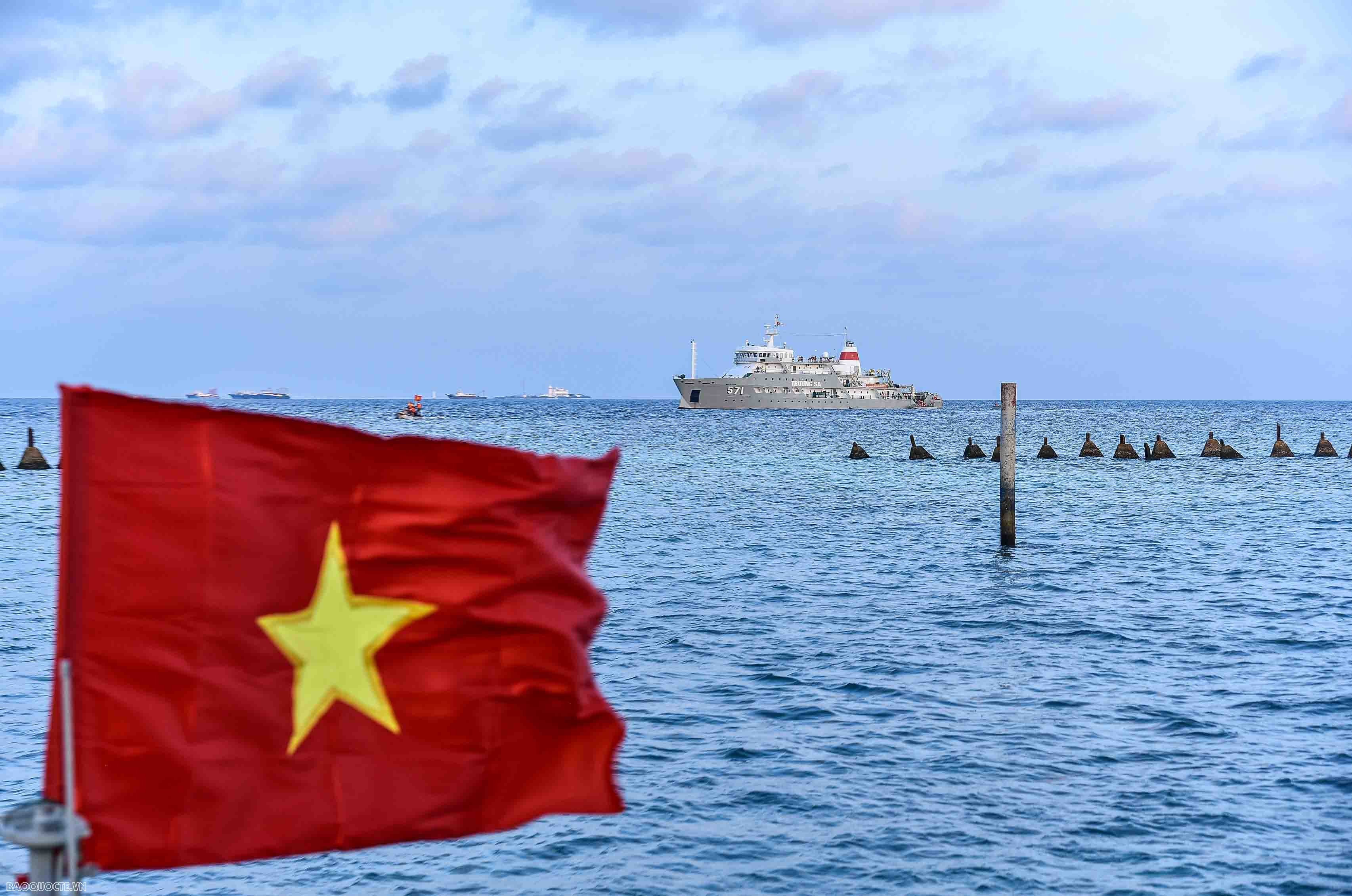 |
| The national flag flies in the Sinh Ton Dong island area, Truong Sa archipelago, April 2023. (Photo: Nguyen Hong) |
Vietnam is a maritime nation, the sea is a component of the sacred sovereignty of the Fatherland, a living space, a gateway for international exchange, closely associated with the cause of building and defending the Fatherland.
With an area three times larger than the mainland, with thousands of large and small islands and the Hoang Sa and Truong Sa archipelagos; a coastline stretching over 3,260 km with 114 river mouths flowing into the sea, many bays, coves, tidal flats... Vietnam's sea is diverse and rich in biological and non-biological resources and characteristic ecosystems. Among them, there are many outstanding resources such as oil and gas, minerals, renewable energy, seafood, and natural landscapes.
These factors have created great conditions and potential for Vietnam to develop many important marine economic sectors with high value such as maritime transport, marine tourism, oil and gas exploitation, minerals and renewable energy, aquaculture and seafood exploitation...
Protecting resources, environment and developing sustainable marine economy
Over the years, Vietnam has achieved many important achievements in marine environmental management, demonstrated through a comprehensive policy system and close coordination among functional agencies.
The Party and State have issued the Strategy for Sustainable Development of Vietnam's Marine Economy to 2030, with a vision to 2045, aiming to control pollution, protect biodiversity and develop the marine economy in a green direction.
Accordingly, one of the five guiding viewpoints throughout is: "Strengthening the comprehensive and unified management of resources and protection of the marine environment, conserving biodiversity and natural marine ecosystems; proactively responding to climate change and rising sea levels...". The strategy has pointed out that one of the main solutions that must be implemented is to perfect institutions, policies, strategies, planning and plans for sustainable development of the marine economy. The strategy requires reviewing, supplementing and synchronously developing new strategies, planning and plans related to the sea and islands in the direction of comprehensive management, suitable for the marine ecosystem, ensuring the harmonious and synchronous connection between conservation and development of mainland areas, coastal areas, exclusive economic zones and continental shelves; urgently developing a national marine spatial planning, a master plan for exploitation and sustainable use of coastal resources.
Notably, the 2020 Law on Environmental Protection tightens regulations on controlling waste sources from land and sea, enhancing the responsibility of relevant parties. The Ministry of Natural Resources and Environment (now the Ministry of Agriculture and Environment ) promotes the establishment of a marine environmental monitoring system, helping to monitor water quality in real time and provide early warning of pollution risks.
On that basis, Vietnam has implemented specific actions to reduce ocean plastic pollution, respond to coastal climate change, and restore coral reefs and marine ecosystems.
Vietnam has also expanded marine protected areas and strengthened international cooperation through its participation in important conventions such as the 1982 United Nations Convention on the Law of the Sea (UNCLOS) and the International Convention for the Prevention of Pollution from Ships (MARPOL) 73/78. These efforts demonstrate a determination to move towards a sustainable marine economy that both protects the environment and ensures long-term economic development.
Vietnam's efforts to develop a sustainable marine economy are demonstrated through the implementation of the Marine Economic Development Strategy to 2030, with a vision to 2045, with six key areas: Marine tourism and services, maritime economy, oil and gas exploitation, aquaculture and fishing, marine renewable energy and coastal urban development. Thereby, promoting the image of Vietnam as an attractive investment destination in areas such as green seaports, offshore wind power, and marine ecotourism.
In the field of international cooperation, Vietnam proactively participates in regional and international maritime forums such as ASEAN, the East Asia Maritime Economic Forum (EASBF), the United Nations Ocean Conference (UNOC) and global initiatives on reducing plastic waste and protecting marine biodiversity. At these forums, Vietnam has demonstrated the spirit of peaceful maritime diplomacy, cooperation and sustainable development for the common benefit of humanity.
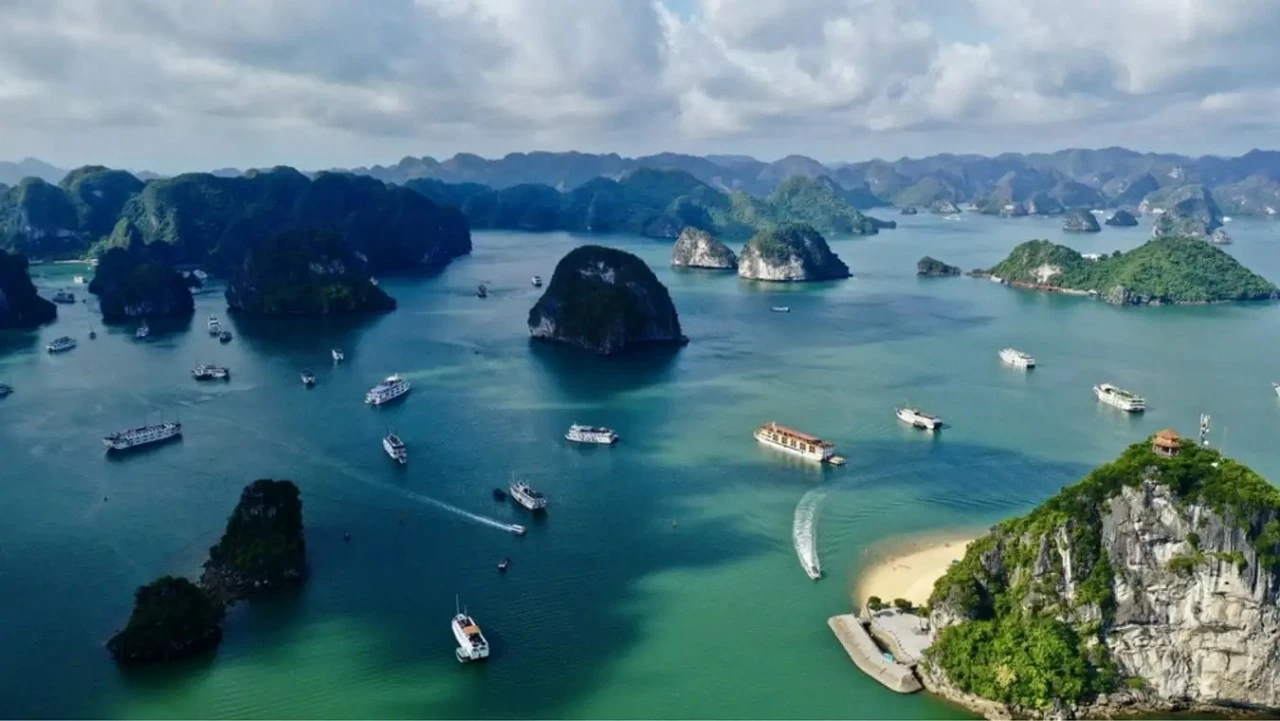 |
| Ha Long Bay, Quang Ninh. (Source: Quang Ninh Newspaper) |
Urgent responsibility
However, in recent times, under the pressure of socio-economic development and many other causes, Vietnam's marine environment has faced a series of problems such as: Degradation of landscape, marine and coastal ecosystems; pollution of coastal marine environment; marine environmental incidents.
Domestic solid waste is increasing from industrial, agricultural, infrastructure construction, tourism, daily life, medical sources, etc., causing widespread pollution in coastal areas.
Coastal ecosystems are being degraded, especially coral reefs, mangroves, and seagrass beds. In the past 15 years, about 15% to 20% of coral reefs have been lost, mainly in populated areas such as Ha Long Bay, causing a decline in biodiversity and marine environmental quality; destroying the livelihoods of coastal communities, causing significant damage to the marine tourism and fisheries industries.
Therefore, Vietnam Sea and Islands Week taking place from June 1-8, as well as World Oceans Day (June 8) this year, is an opportunity for everyone to affirm their determination, change their awareness, unify their actions, proactively overcome difficulties and challenges, prevent the increase in the rate of pollution and environmental degradation, exploit and sustainably use marine and island resources, and ensure ecological balance.
In the era of green transformation and digital transformation, the application of green technology to marine environmental protection is considered a key solution in solving marine environmental pollution. The theme “Green technology for sustainable oceans” of the Vietnam Sea and Islands Week 2025 emphasizes the pioneering role of science, innovation and digital transformation in environmental protection and marine economic development.
Clearly, protecting the marine environment is no longer a choice, but an urgent responsibility to preserve the ocean, a priceless asset of the nation and humanity. In the context of the marine economy being identified as one of the pillars of national development, the application of green technology, promoting innovation and enhancing international cooperation are inevitable directions to realize the vision of a sustainable ocean. Everyone needs to be aware that every small action today will contribute to protecting the blue color of the ocean for future generations.
Hopefully, the specific and practical activities during the Vietnam Sea and Islands Week 2025 as well as the spirit of "innovation for the blue ocean" of each citizen will contribute to strongly spreading the image of Vietnam - a responsible, proactive and sustainable maritime nation.
Source: https://baoquocte.vn/viet-nam-mot-quoc-gia-bien-trach-nhiem-chu-dong-va-ben-vung-315543.html


![[Photo] Hungarian President begins official visit to Vietnam](https://vphoto.vietnam.vn/thumb/1200x675/vietnam/resource/IMAGE/2025/5/27/ab75a654c6934572a4f1a566ac63ce82)

![[Photo] Welcoming ceremony for Hungarian President Sulyok Tamas and his wife on an official visit to Vietnam](https://vphoto.vietnam.vn/thumb/1200x675/vietnam/resource/IMAGE/2025/5/28/7956bacf4a3e4bde8326cb8f72a3b26c)

![[Photo] President Luong Cuong holds talks with Hungarian President Sulyok Tamás](https://vphoto.vietnam.vn/thumb/1200x675/vietnam/resource/IMAGE/2025/5/28/0f603676be6444aa9f52d4bd32582b4d)
![[Photo] Hungarian President and his wife take a walk and enjoy the view of Hoan Kiem Lake](https://vphoto.vietnam.vn/thumb/1200x675/vietnam/resource/IMAGE/2025/5/28/b9c83fbe6d5849a4805f986af8d33f39)
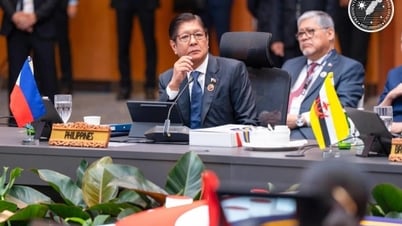
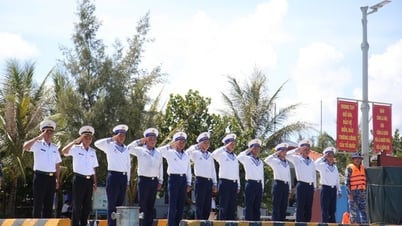

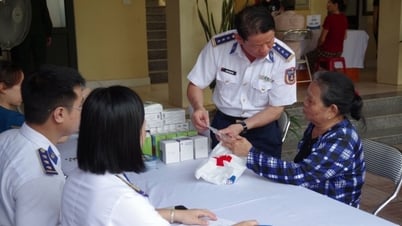
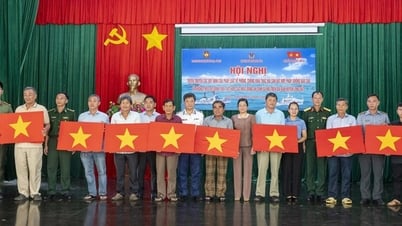
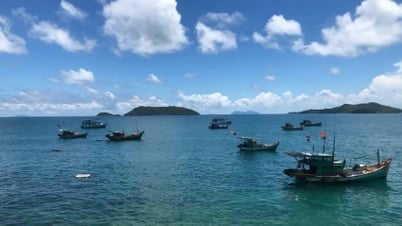






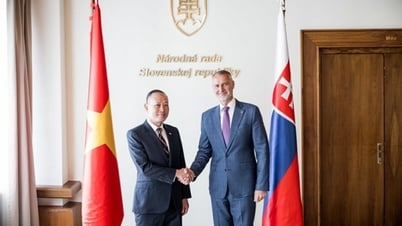


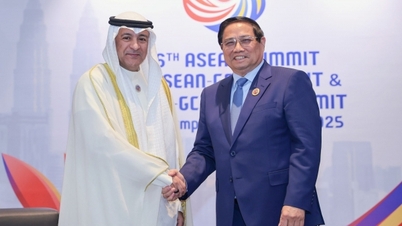
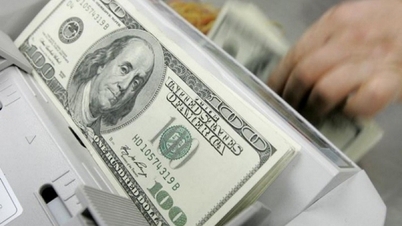
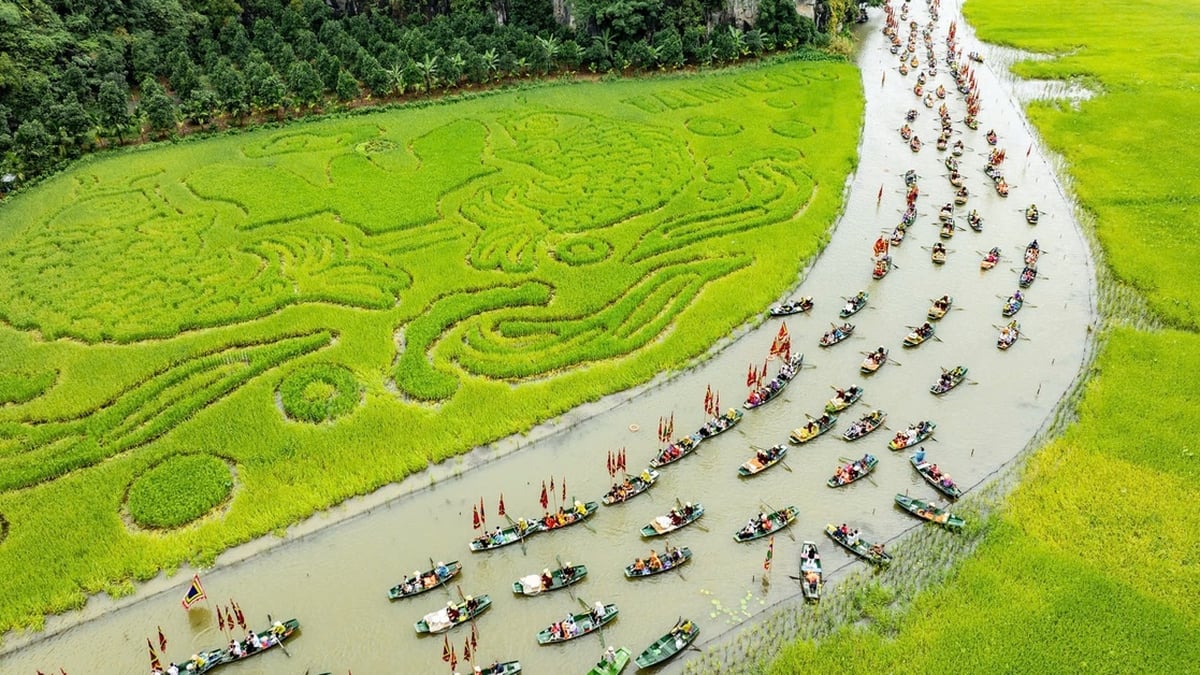






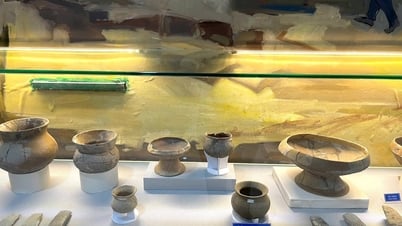


















![[Case Study] VIMC – 30-year journey of overcoming waves and reaching far](https://vphoto.vietnam.vn/thumb/402x226/vietnam/resource/IMAGE/2025/5/28/ac45a93a62884eec85471e6c89ef521a)








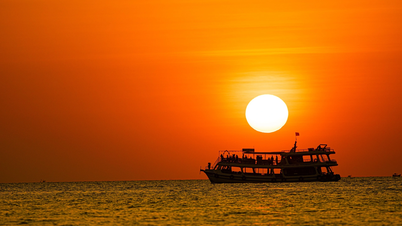
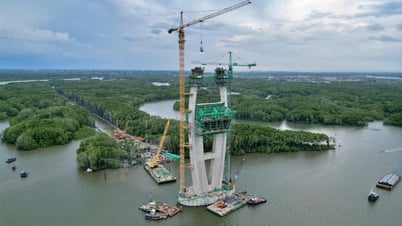





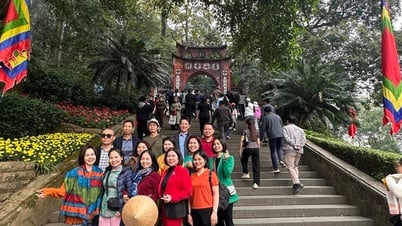

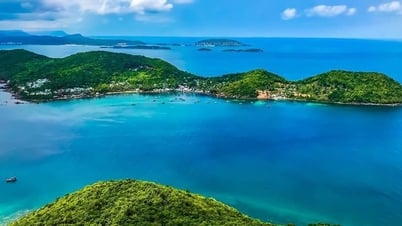
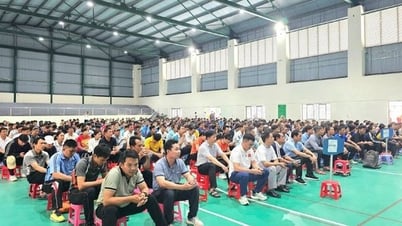
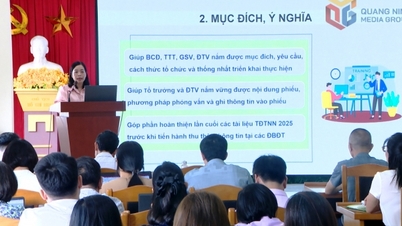
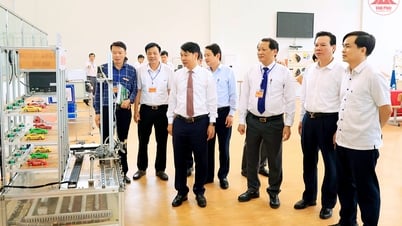




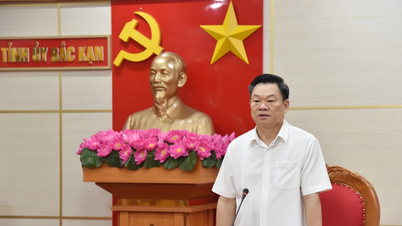

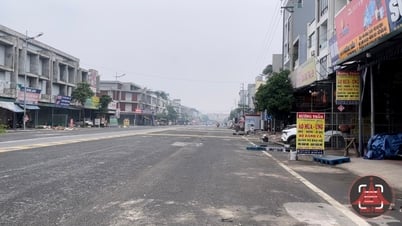
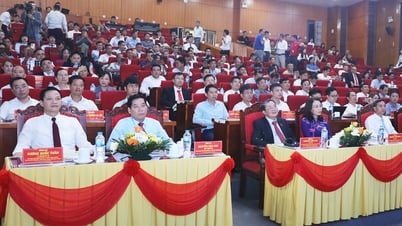







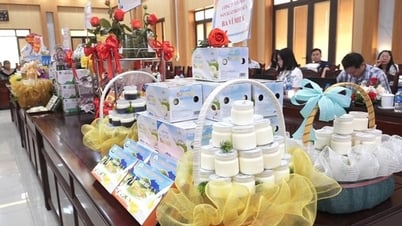



Comment (0)